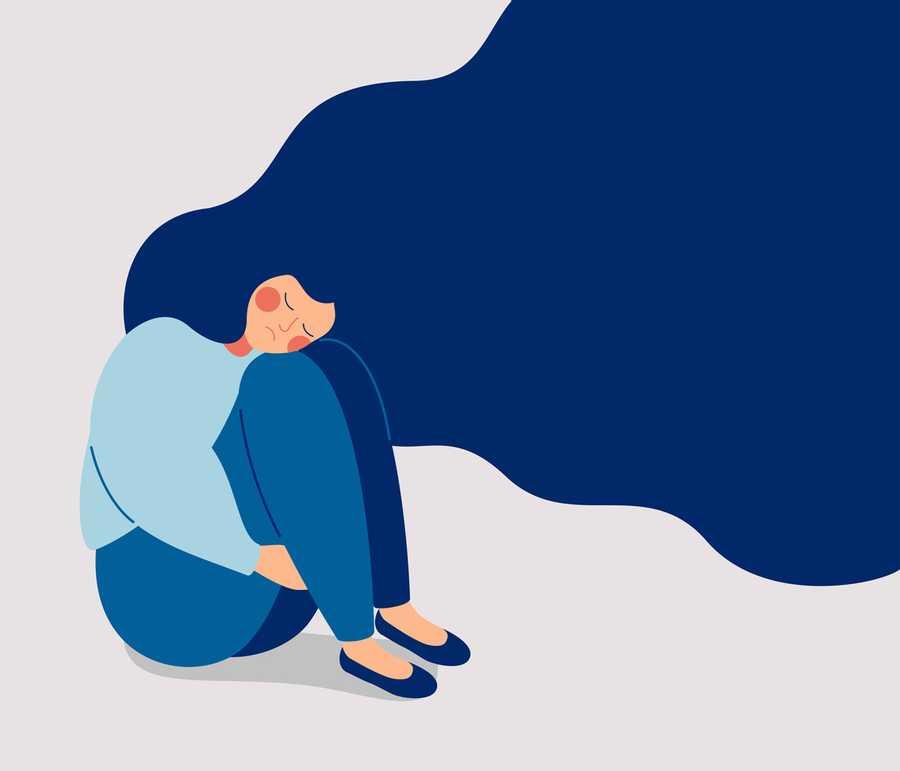Grief is not a moment in time
Following the loss of a loved one, it’s important to remember the grieving process has no set timeline. We don’t just grieve the moment they pass and move on. Instead, we grieve the past and present. We grieve what could have been the future. This is because our loved one is more than just one moment in time.
While there’s no right or wrong way to grieve your loss, there are healthy ways to cope, including:
- Accept that grief can trigger unexpected feelings, including anger and denial.
- Understand that the grieving process will be unique to you
and your situation. Seek out support from trusted family members, friends, and professional support groups. Support yourself emotionally by taking care of yourself physically. You can’t rush your grief, so allow yourself as much time as you need to process your feelings surrounding the loss.
57
755 reads
CURATED FROM
IDEAS CURATED BY
Never stop learning. Never stop educating yourself. When you stop learning, you stop growing & maturing!
Rather than moving on from our grief, we must instead find ways to move forward with it.
“
The idea is part of this collection:
Learn more about religionandspirituality with this collection
Practicing empathy in relationships and communication
Understanding the importance of balance in personal and professional life
Defining your path in life
Related collections
Similar ideas to Grief is not a moment in time
Time is irrelevant to grief
Mourning the loss of a loved one isn't efficient or logical. It is different for each person. Grief can feel better and worse as time goes by.
We can not relegate all our heaviest grieving to specific days of the year. We will be reminded of details about the person at odd times.
Research Approach || Phenomenology
This focuses on lived experience and understanding the universal essence of a specific phenomenon.
- For example, a phenomenological study might focus on grief.
- How do individuals grieve a lost one?
- How do cultural practices affect the individual's gri...
Reaching out for help during grief
- It is important to express your needs to trusted people such as your friends or family members. Allow them to help you in the ways you feel will best suit your needs;
- There are support groups that have gone through the same thing as you have and these are safe spaces where you can ...
Read & Learn
20x Faster
without
deepstash
with
deepstash
with
deepstash
Personalized microlearning
—
100+ Learning Journeys
—
Access to 200,000+ ideas
—
Access to the mobile app
—
Unlimited idea saving
—
—
Unlimited history
—
—
Unlimited listening to ideas
—
—
Downloading & offline access
—
—
Supercharge your mind with one idea per day
Enter your email and spend 1 minute every day to learn something new.
I agree to receive email updates

